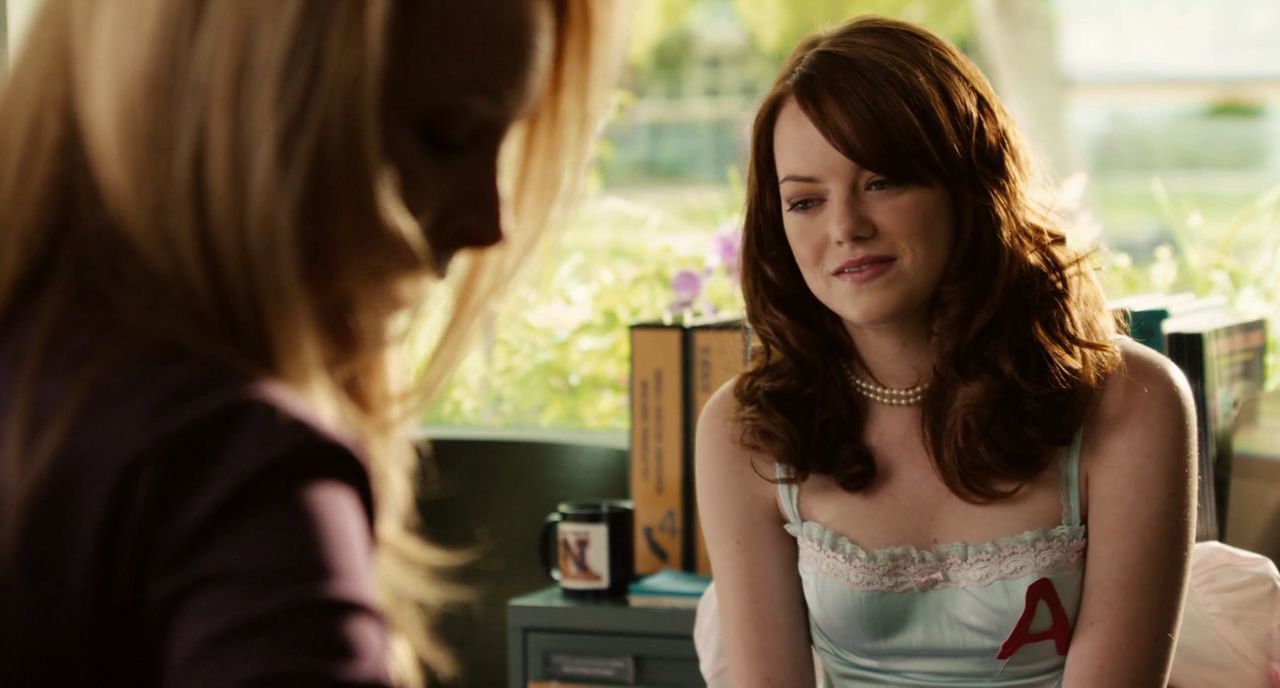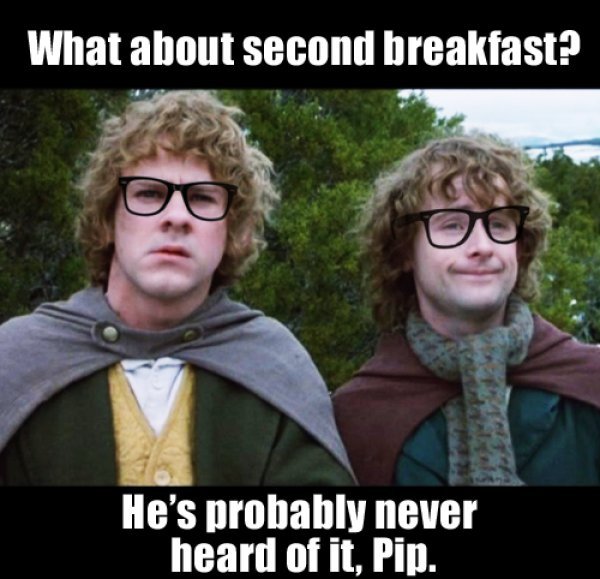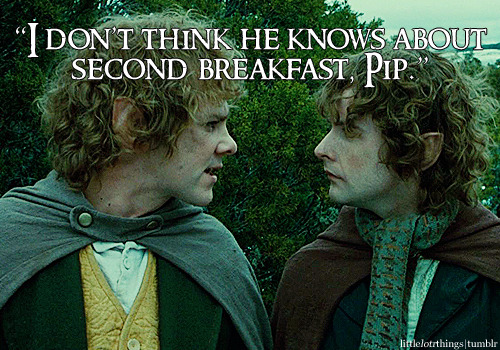“Why was I chosen?'
'Such questions cannot be answered,' said Gandalf. 'You may be sure that it was not for any merit that others do not possess. But you have been chosen, and you must therefore use such strength and heart and wits as you have.” (The Lord of the Rings: The Fellowship of the Rings)
It seems like a normal part of any story is for the hero to doubt themselves. A major part of The Fellowship of the Ring was Frodo, and the other hobbits, doubting their place in the Fellowship. But as they proved themselves over the course of the War of the Rings, those doubts faded away.
In real life, those doubts seem harder to banish. Whenever we are presented with a new quest, doubts arise. Are we good enough? Are we the right person? Those doubts can be healthy. Doubt suggests a degree of insight and self-awareness. It brings to light both our strengths and weaknesses.
But what happens when the doubt is not alleviated? When all that we can focus on is the shadow and not the sun?
 |
| "I can see us, living in the woods, her wearing that A, me with an S maybe, S for silent, S for stupid, for scared. S for silly. For shame." (Speak) |
For instance, I was recently offered a graduate assistantship by my favorite professor. I was elated for a brief instant. However, that instant faded quickly and all of the negative about myself surfaced. I homed in on my tendency to become flustered, on my emotionality, on my youth and inexperience. Those dark clouds made it hard to see the light of being recognized and rewarded for my abilities.
Part of me wanted to retreat. It seemed easier to reject this quest and dwell in the safety of what I knew. I was tempted to say, “I can’t rise to the challenge.”
However, the flipside of doubt is courage. As I wrote this, I thought about how awful I was being to myself. I was ignoring my intelligence, my organizational abilities and my people skills. In thinking about all of the (internal) enemies I had to face, I forgot about all the weapons I possessed. My battles seemed overwhelming because I was ignoring the army at my back.
 |
| "Yet it is oft the course of deeds that move the wheels of the world: Small hands do them because they must, while the eyes of the great are elsewhere." (The Lord of the Rings: The Fellowship of the Ring) |
Whenever doubts surface, find a way to make them tangible. Tell them to a friend or write them down. Be as awful as possible. In the shadows of your mind, the things you say seem true and overwhelming. However, when you drag them out into the light and face them, you realize that for every weakness you possess there is a strength you ignore.









